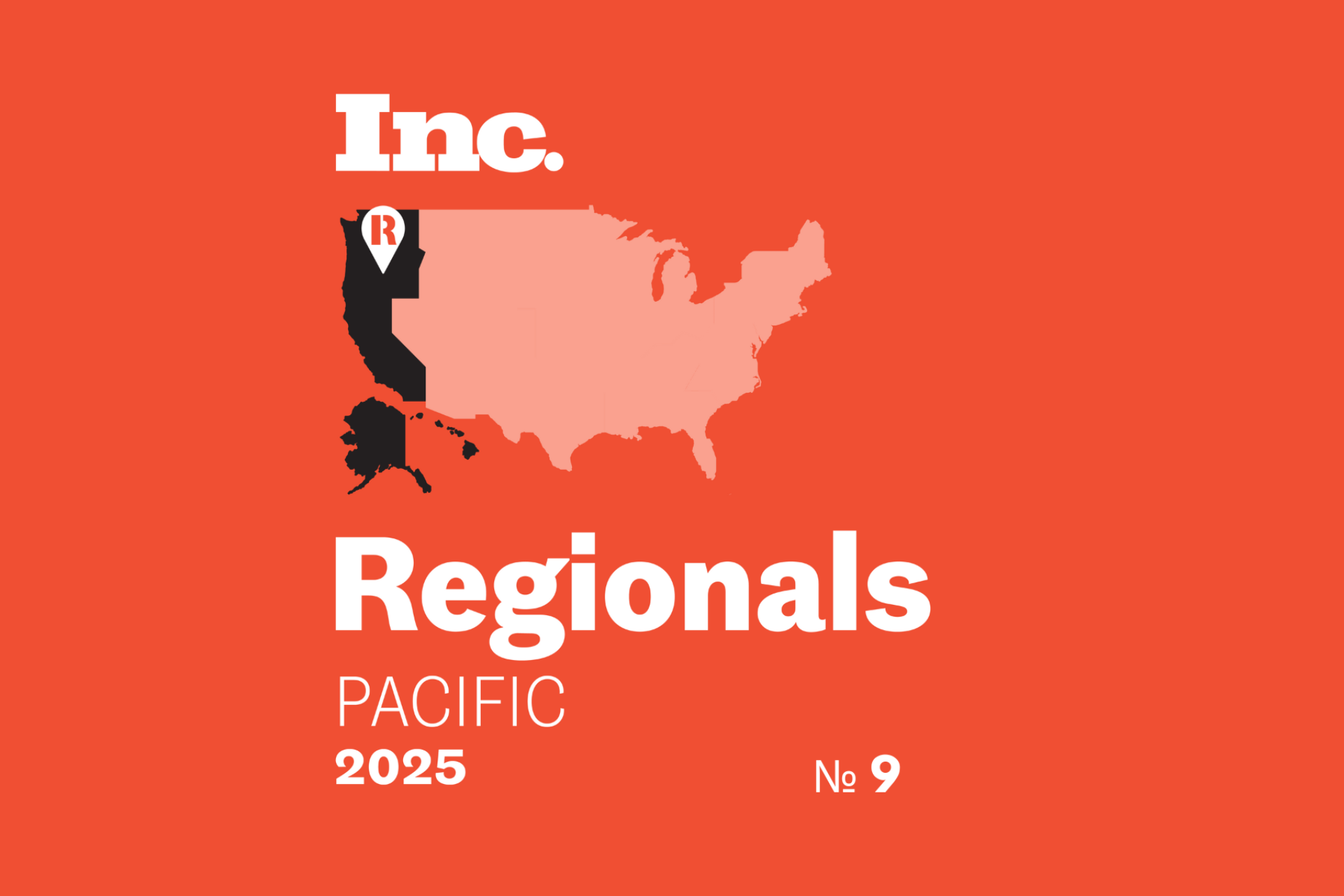Accountancy is a beacon of clarity in the complex world of finance and business. It’s a discipline that provides a comprehensive view of a company’s financial health, making sense of numbers, transactions, and financial records. Accountancy is more than just number crunching; it’s about interpreting these numbers to guide decision-making processes, ensuring businesses in Southern California and beyond stay on the path to success.
In Southern California, the role of accountants takes on a unique significance. With its dynamic economy and diverse business landscape, this region demands high financial expertise. Accountants here are tasked with maintaining accurate records and navigating the intricacies of state-specific tax laws and regulations. This blog aims to shed light on the complexities of accountancy in Southern California, offering a comprehensive guide for those seeking to master the field.
Qualifications and Certifications
There are specific educational requirements to become a proficient accountant. Usually, a Bachelor’s degree in Accounting or a related field is the minimum requirement. It gives individuals a solid foundation in financial principles, tax laws, and business operations. However, pursuing further education, such as a Master’s in Accounting, can offer deeper insights into complex accounting concepts. Additionally, it may enhance career prospects and open doors to more specialized roles.
On the other hand, professional certifications are crucial in distinguishing one’s expertise in the field. The Certified Public Accountant (CPA) credential is one of the most recognized and respected. Obtaining this requires passing a rigorous exam and meeting specific work experience requirements. Other certifications, like the Certified Management Accountant (CMA) or Certified Internal Auditor (CIA), can also be beneficial depending on your career goals in accountancy.
Key Responsibilities
Accountants are tasked with a variety of responsibilities that go beyond just crunching numbers. Let’s delve into some of the key roles they play in shaping the financial health of a business.
Financial Reporting
Financial reporting involves the preparation and presentation of a company’s financial statements. These reports provide a snapshot of the company’s financial performance, enabling stakeholders to make informed decisions. Accurate reporting is essential for maintaining transparency and trust among investors and regulators.
Tax Planning and Compliance
Tax planning and compliance are critical aspects of an accountant’s job. They ensure businesses adhere to tax laws and regulations while minimizing tax liabilities through strategic planning. It requires a deep understanding of both federal and state tax codes.
Auditing
Auditing is reviewing a company’s financial statements to ensure accuracy and compliance with regulatory standards. It helps to detect any discrepancies or fraudulent activities. An effective audit assures stakeholders of the company’s financial integrity.
Industry Specializations
Accountants often specialize in specific industries to better cater to their unique financial needs. Here’s a look at how accountants serve some of the prominent sectors in Southern California.
Entertainment and Media
Accountants handle complex revenue streams, royalty payments, and production costs in the entertainment and media industry. They are crucial in financial planning and budgeting for projects, ensuring profitability. Their expertise often guides investment decisions in this volatile industry.
Real Estate
Real estate accountants manage financial matters related to property transactions, investments, and property management. They navigate intricate tax laws related to real estate and assist with financial forecasting. Their insights can greatly influence investment strategies in the property market.
Technology and Startups
Accountants working with technology firms and startups deal with unique challenges like rapid growth, venture capital funding, and stock-based compensation. They help these companies maintain financial stability amidst rapid changes. Their strategic financial advice can be pivotal for startups aiming for long-term success.
Regulatory Landscape
Accountants must be well-versed with state regulations, especially in a region as economically diverse as Southern California. These rules govern various financial reporting and taxation aspects, and non-compliance can lead to severe penalties. Moreover, understanding these regulations is critical for advising businesses to minimize their tax liabilities and maximize profitability legally. Additionally, changes in these laws occur frequently, so staying updated is crucial for accurate and compliant accounting practices.
Federal compliance is another significant aspect of the regulatory landscape. It includes adhering to the guidelines set by the Internal Revenue Service (IRS) and other federal agencies. Knowledge of these regulations is essential for preparing federal tax returns, conducting audits, and ensuring compliance with national financial laws. Ignorance of these rules is not an excuse for non-compliance, making their understanding paramount for every practicing accountant.
Technology in Accountancy
The role of software in accountancy has become indispensable. It helps to streamline complex processes, improve accuracy, and increase efficiency. From managing ledgers to generating financial reports, accounting software can handle various tasks previously done manually. Not only does this save time, but it also reduces the chances of human error, which can have significant financial implications.
Automation trends are shaping the future of accountancy. With the advent of artificial intelligence (AI) and machine learning, repetitive tasks such as data entry and invoice processing can be automated. It allows accountants to focus more on strategic tasks like financial planning and analysis. Moreover, automation can lead to more accurate forecasting and decision-making, driving business growth and profitability.
Accounting Software Overview
Numerous accounting tools are available in the market today, each with unique features and benefits. Some popular ones include QuickBooks, Xero, and FreshBooks. These tools offer various functions, from invoicing and expense tracking to payroll management and tax preparation. Understanding the capabilities of these tools is essential to leverage their full potential.
Choosing the right software depends on various factors, including the size of your business, the complexity of your accounting needs, and your budget. It’s essential to consider the scalability of the software as your business grows. A good accounting tool should be user-friendly and secure and offer reliable customer support. Remember, the right software can simplify your accounting process and give you more control over your finances.
Challenges Faced by Accountants
One of the biggest challenges for accountants is keeping up with changing tax laws. As mentioned earlier, state and federal regulations constantly evolve, making it difficult for accountants to stay updated. These changes can impact businesses, from altering tax liabilities to changing reporting requirements. Hence, continuous learning and adaptability are key traits of successful accountants.
Cybersecurity concerns are another pressing issue in the digital age. With the increasing reliance on technology, the risk of data breaches and cyber-attacks has risen. Accountants can access sensitive financial information, making them prime targets for cybercriminals. Therefore, implementing robust security measures and staying vigilant about potential threats is paramount.
Benefits of Hiring a Local Accountant
Hiring a local accountant well-versed in regional tax laws can be a game-changer for businesses. They can provide tailored advice based on the specific tax regulations of Southern California. It can help businesses to avoid costly mistakes and take advantage of local tax benefits. Furthermore, their understanding of the local economy can provide valuable business planning and growth insights.
In addition to technical expertise, local accountants can offer personalized service. They are more accessible and can provide immediate assistance in case of any issues. Building a close working relationship with a local accountant can lead to better communication, mutual understanding, and, ultimately, more effective financial management.
How to Find the Right Accountant
Networking and referrals are traditional yet practical ways of finding a reliable accountant. Attend industry events, seminars, or business meetings where you can meet professionals from the accounting field. Alternatively, ask for recommendations from your business associates or friends. A good referral can save you time and effort in finding the right accountant for your needs.
Online platforms have made the search process even easier. Websites like LinkedIn or accounting-specific job boards can connect you with qualified accountants in your area. You can review their profiles, check their credentials, and even read reviews from previous clients. Remember, choosing the right accountant is a crucial decision that can significantly impact your business’s financial health. So take your time and choose wisely.
Summary
It’s clear that professional accountancy is not just about numbers and spreadsheets; it’s a multifaceted discipline that requires expertise in financial reporting, tax planning, auditing, and more. This knowledge is critical in guiding businesses through the complexities of financial management, ensuring they remain profitable and compliant with regulatory standards. The role of an accountant is genuinely indispensable, acting as the backbone of any successful business.
The importance of professional accountancy extends beyond generic practices. Industry-specific knowledge can significantly enhance the value an accountant brings to a business. Whether it’s navigating the volatile landscape of the entertainment industry, understanding the intricacies of real estate transactions, or aiding startups in managing their rapid growth, specialized accountants can offer tailored solutions that drive business success. Thus, investing in professional accountancy isn’t just a business expense; it’s a strategic decision that paves the way for sustained financial health and prosperity.







